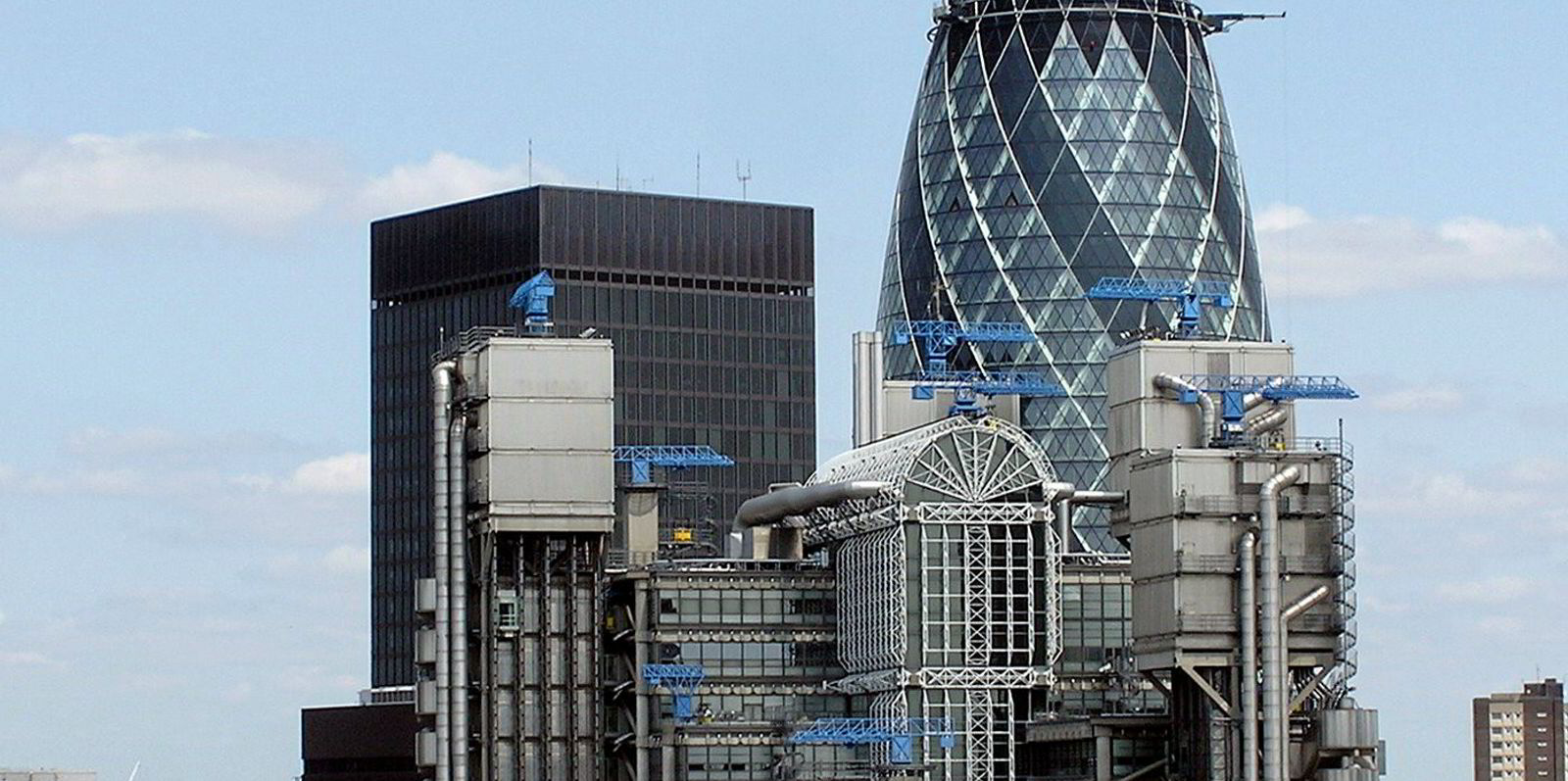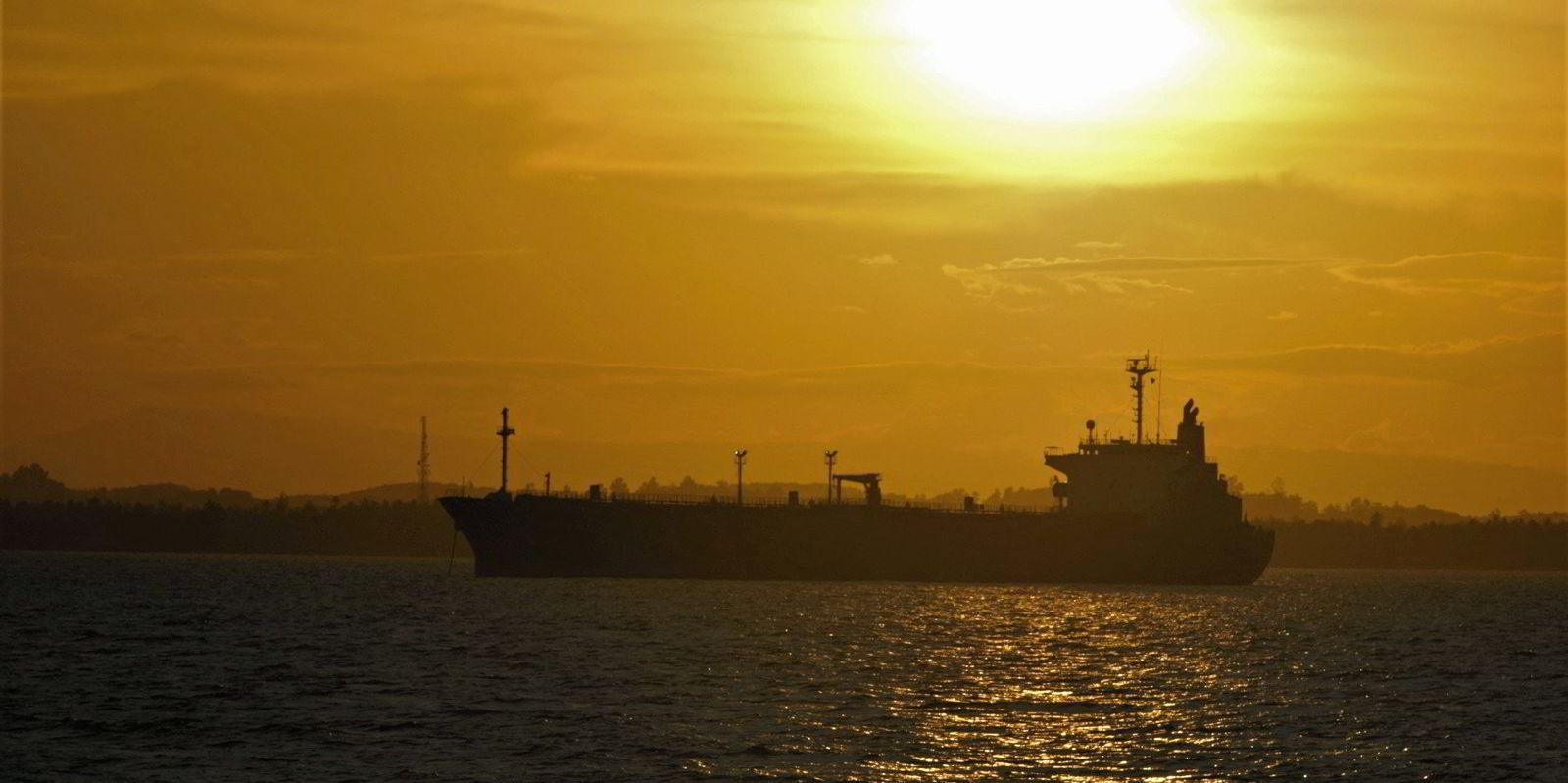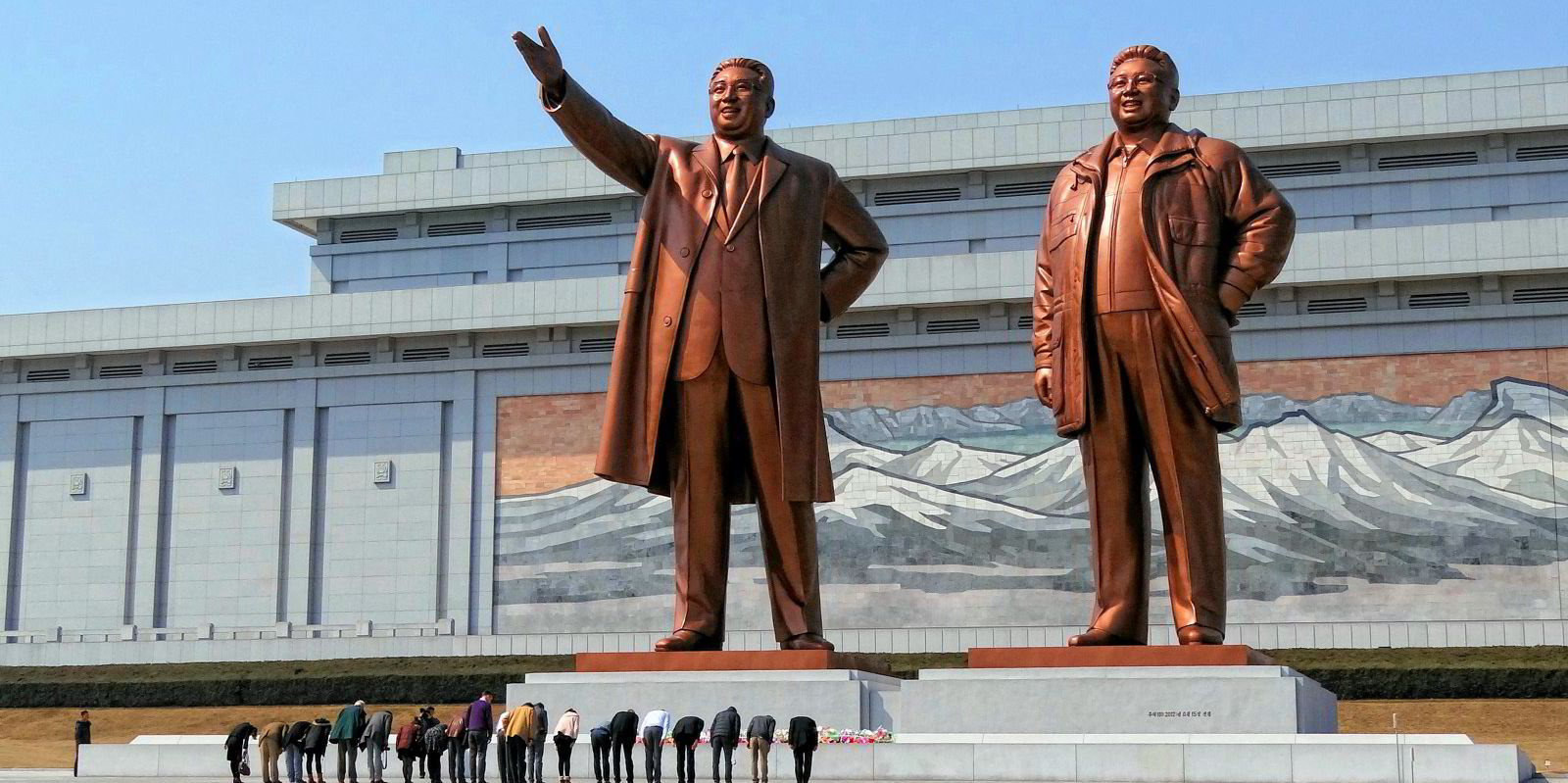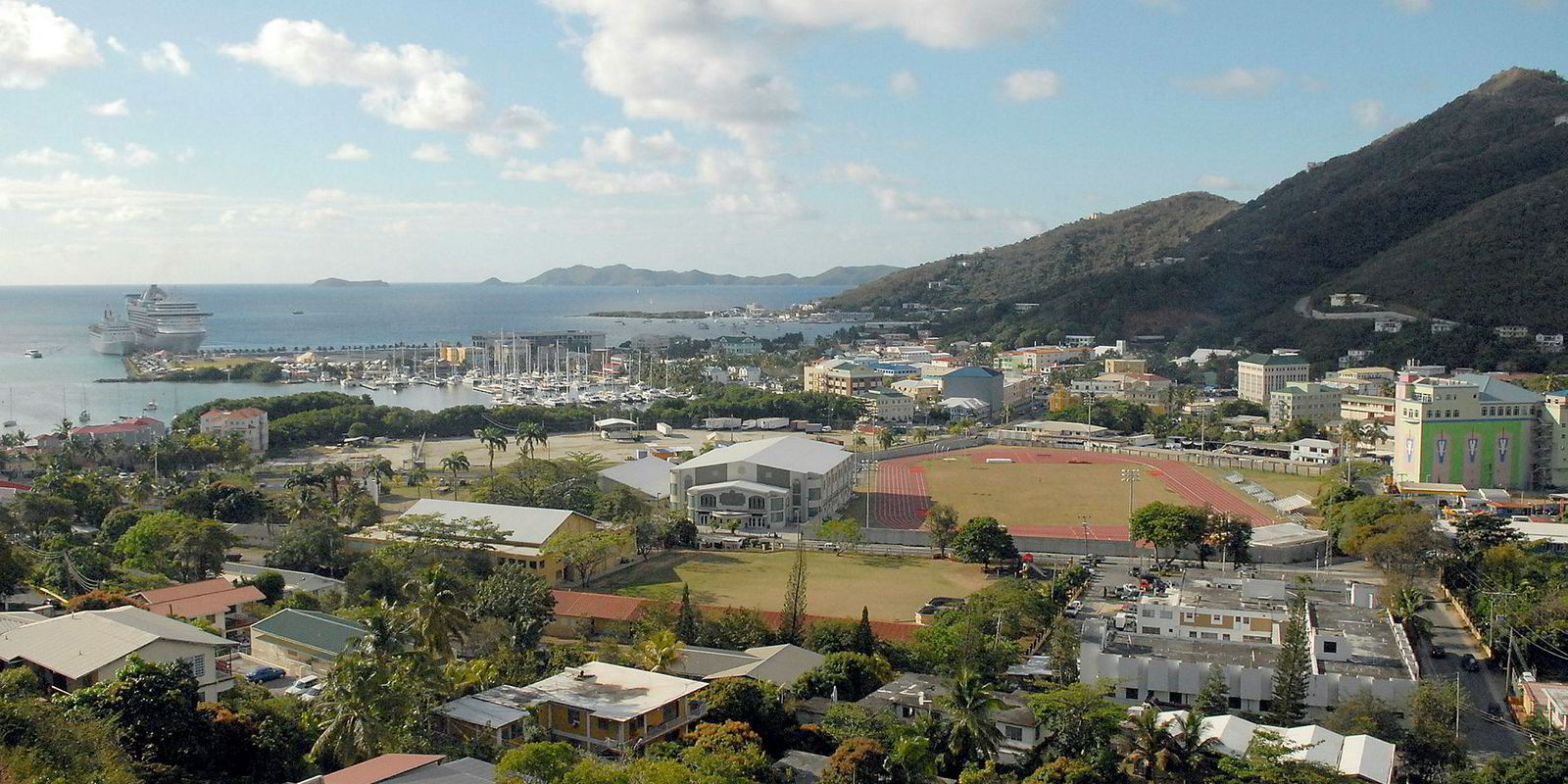Former UK underwriter David Skinner recently hit the media spotlight amid newspaper claims that his company, DGS Marine, had allowed the North Korean-sanctioned fleet to trade by providing insurance certificates nearly a decade ago.
The company no longer exists and Skinner, who passed away in 2016, cannot defend himself against the allegations.
But the tale is a timely reminder that the problem of identifying insurers behind the sanctioned fleets did not just emerge with the Russia-Ukraine conflict — it has been going on for decades.
Despite the ever-widening international sanctions regime, and the increasing importance governments put on the role of insurance providers in enforcing sanctions compliance, no system has been developed to help flag and port states identify rogue insurers.
The growing concern in the industry is that there are a few insurance companies making a business out of issuing protection and indemnity Blue Cards — essentially, proof of third-party liability insurance that is shipping’s ticket to trade — to ships operating in sanctioned trades.
These companies appear perfectly legitimate, but it is difficult to gauge whether they have the financial capacity to settle the sort of hefty claims that can result from tanker oil pollution incidents.
Flag states seem to be prepared to accept Blue Cards without checking on the financial credibility that stands behind them.
For mainstream shipping, there is the International Group of P&I Clubs that provides insurance for 90% of the world’s fleet.
The membership criteria and reputation of the International Group mean that shipowners, flag states and port states do not need to delve into the financial credibility or business ethics of its 12-member insurance companies.
With more than $3bn in A-rated reinsurance cover, and collective capital reserves running at more that $5bn, their ability to meet claims is not in question.
While they have insured ships legitimately in Russian oil, they have steered away from tankers that might be involved in carrying oil above the price cap.
Just like the International Association of Classification Societies, membership is regarded as the gold standard of quality in the industry.

There are also plenty of non-International Group fixed premium P&I insurers with blue-chip reinsurance backers that are well regarded.
There is an attempt by these organisations, led by MS Amlin and Hydor, to develop their own association of quality fixed premium marine insurers, but it has not really gained much traction yet.
It has been largely left to the port states and flag states to do their own due diligence as far as identifying the legitimacy of insurers covering ships sailing under their flag or calling at their ports goes.
That is not an easy task. Panama, the world’s leading flag state, recognises more than 80 P&I insurers.
Closer look
Some flag and port states are showing signs they are taking a closer look at who is behind the insurers of ships they are registering or calling at their ports.
Non-International Group insurers of United Arab Emirates-flagged ships will have to provide a list of claims of more than $10m, or details of the five largest claims they have handled, according to new rules recently laid down by the country’s Ministry of Energy and Infrastructure.
Ironically, the UAE has become the top location for registering previously owned or flagged Russian ships following the invasion of Ukraine, according to S&P Global Market Intelligence.
Asian countries including Singapore have also started to increase their port state control inspection of older tankers that are suspected of being involved in illicit trades.
For now, though, there is not enough transparency in the industry for this to work effectively.
It begs the question of which names will be revealed as the insurers behind the current dark fleet in years to come, just as DGS Marine has recently been exposed for its past activities.





